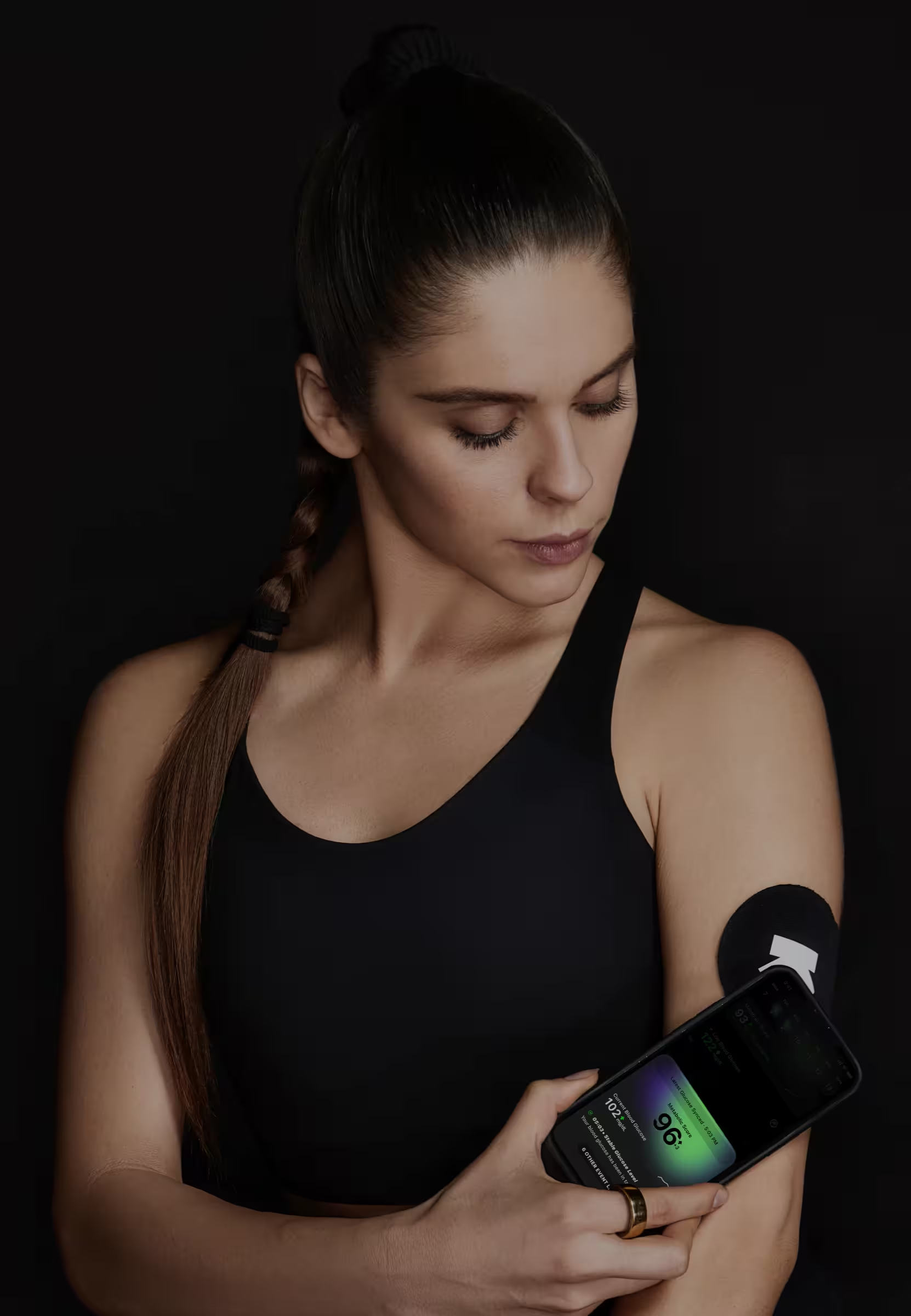Home
Health & Wellness
Direct-to-consumer (D2C) health and wellness brands have emerged as pivotal players in the industry, offering consumers convenient access to products that promote physical and mental well-being. These brands prioritize quality, transparency, and customization. For instance, one prominent D2C health brand specializes in personalized vitamins and supplements, tailoring its products to individual needs through online assessments. Another brand focuses on fitness equipment, delivering innovative home gym solutions designed for efficiency and affordability. Additionally, some D2C companies emphasize mental wellness, providing accessible online therapy services to meet the growing demand for mental health support.
D2C health and wellness brands are important because they circumvent traditional retail channels, enabling them to provide high-quality, often customized products directly to consumers. They prioritize product efficacy, transparency in ingredients, and personalized approaches, aligning with the holistic well-being preferences of today's health-conscious consumers. With their innovative offerings and user-centric experiences, D2C brands are reshaping the health and wellness landscape, making it more accessible and tailored to individuals seeking to improve their overall health, fitness, and mental well-being.

Cymbiotika is an online supplement store that focuses on natural and organic health products. They offer a wide range of supplements designed to support various health benefits, including fitness, energy, immunity, and heart health, utilizing clean, science-backed ingredients for optimal wellness.

Smuuv Body is transforming at-home skincare with advanced beauty tech designed for visible results and effortless self-care. From LED Light therapy masks that boost collagen and calm redness to precision IPL devices for smooth, hair-free skin, Smuuv Body is all about empowering women with smart, high-performance skincare tools. Whether you're targeting acne, reducing fine lines, or removing hair for good, Smuuv Body blends science, convenience, and confidence—helping you feel at home in your skin, every day.

Planet Paleo creates collagen supplements and paleo-friendly nutrition products. Their offerings include pure collagen powder, bone broth protein powders in flavors like chocolate and vanilla banana, as well as superfood subscriptions for convenient delivery of their nutritious supplements.

Ultrahuman is a health-tech company that provides wearable devices and digital tools to monitor and optimize metabolic health, sleep, and fitness in real time. Their product lineup includes continuous glucose monitors (CGMs), smart rings, and an app that delivers personalized insights to improve performance and well-being. Designed for biohackers, athletes, and health-conscious individuals, Ultrahuman helps users make data-driven lifestyle decisions.

Motion Nutrition supports your body and mind with its organic supplements and protein shakes. Motion offers a variety of supplements, but one of its top sellers is Unplug (the UK's most-awarded natural sleep nootropic) which improve sleep quality. Its protein shakes also come in two flavors: creamy cacao and peanut butter.